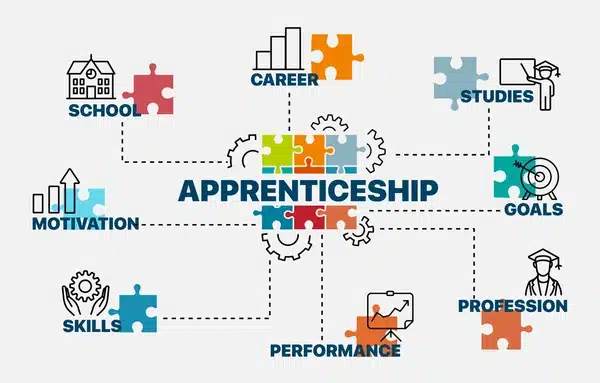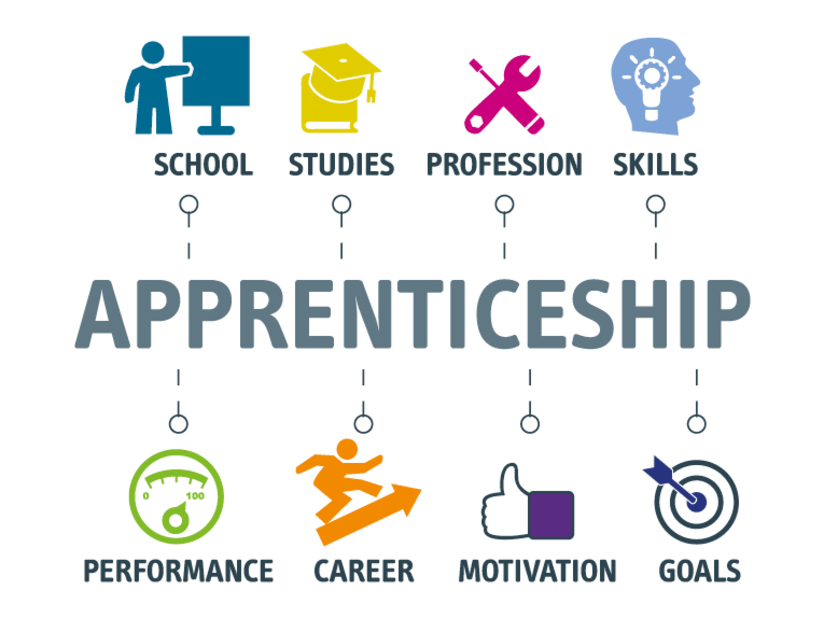TALiNT Partners Insights provides invaluable information that enables businesses to make informed, strategic decisions. Our curated insights are your tools for problem-solving, fostering growth, and achieving success within talent acquisition and staffing.
-
-
-
Featured Stories
- 25/04/2024
- 25/04/2024
- 25/04/2024
- 25/04/2024
- 25/04/2024
-
-
Latest News
- Winners from the TIARA Staffing Awards US are profiled!25/04/2024
- Worksome NYC Talent Leaders Dinner25/04/2024
- A third of young workers believe their employers do not care about sustainability25/04/2024
- Employers are failing to minimise their environmental impact25/04/2024
- Retirement age trends around the globe: The UK sees a higher rise than the USA25/04/2024
- Winners from the TIARA Staffing Awards US are profiled!
-
-
Audience
About Us
-
Content Types
Regions
-
-
Home Apprenticeship














